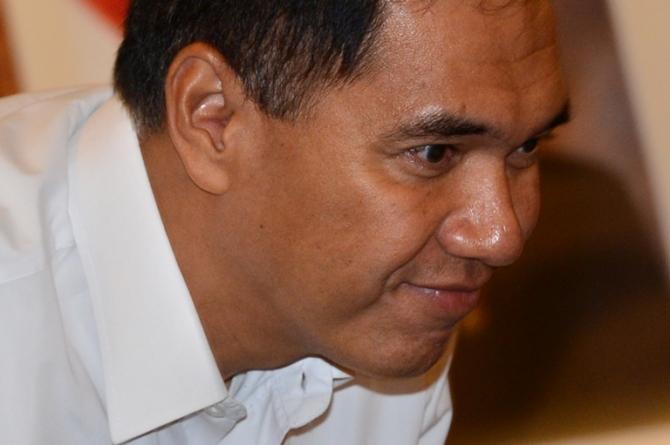
So whoever comes in on October 20 is going to have a lot to deal with.
How does one address this from the government’s standpoint? I think the compensation will have to be Keynesian, will have to be fiscal. I think the next president will have to think of a way to ramp up revenue generation, and that means taxes. Tax collection is not going to go up by raiding the existing tax base because a good chunk of that is coming from commodities and commodities are not going to rise up much. Manufacturing is plateauing if not rising very slowly. Agriculture and other non-commodities also are not going to help with tax revenue.
I think the game changer from a fiscal standpoint would be an increase in the number of taxpayers. We live in a population of 250 million where only 23 million people are paying taxes. Our tax ratio using the OECD methodology is just 15 percent, that's low. The tax ratio for developed countries is in the 25-35 percent range. That is the ratio of tax revenue to GDP. Ours is at about 15 percent. It is a reflection of the inefficiency of tax collection and also of the small base of taxpayers.
The game changer would be to increase that by way of giving an amnesty, a tax amnesty. By my calculation, there ought to be about 65 million people who are obligated to pay taxes and they should be paying taxes. But there are only 23 million people paying taxes. So the 40 million or so are hiding in the bushes, or maybe in some luxury apartments in Jakarta [laughs].
Now if we go out and tell them, ‘We'll forgive you for not paying taxes in the last 30-40 years, come out of hiding. As long as you have not robbed anyone, as long as you have not been involved in the liquidity support in the late 1990s under IBRA, then you’re qualified and here is your tax ID. And I've got news for you, I am going to lower the income tax rate, from the current 30 percent to 25 percent and if we get lucky in the next few years we’ll lower it to 20 percent.’







%20resized.png)
